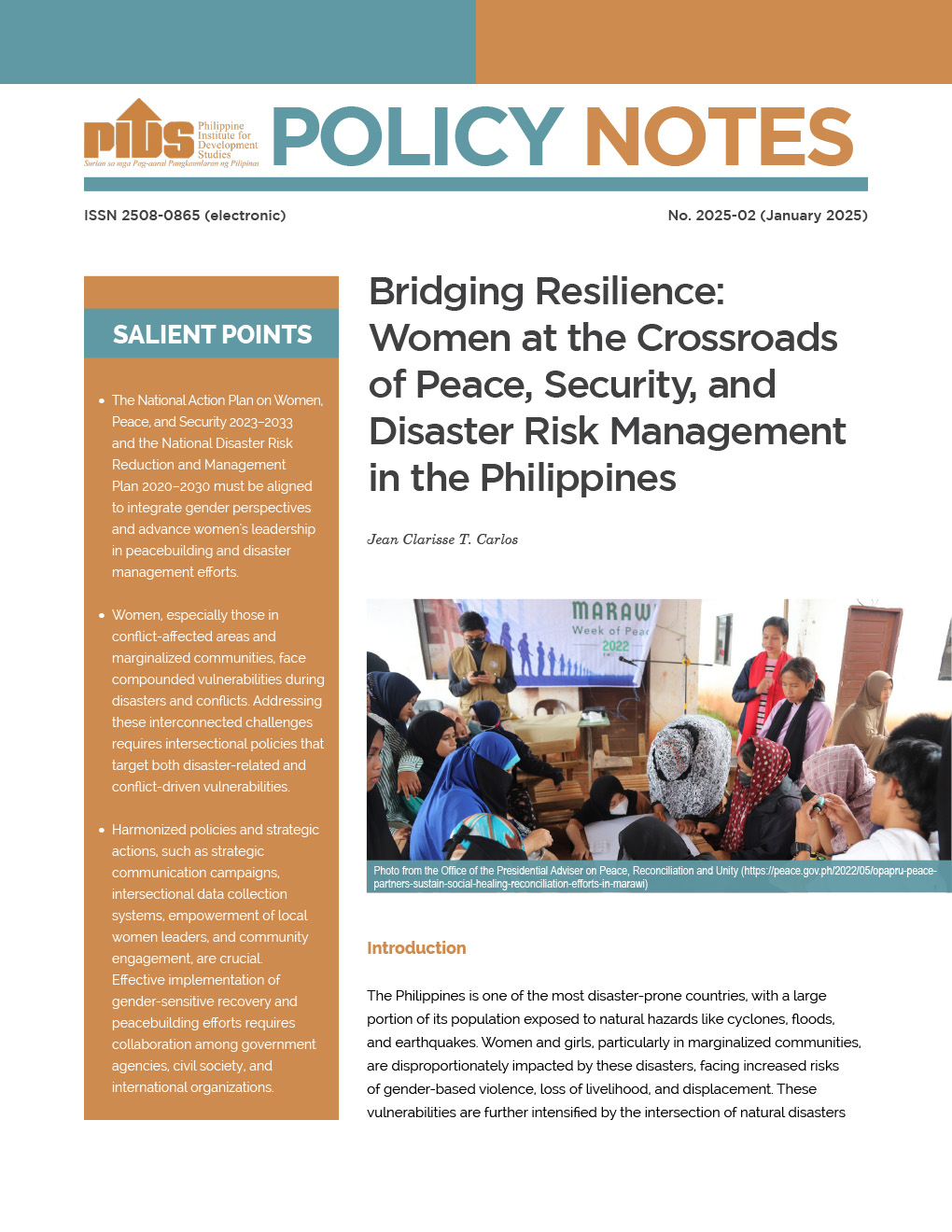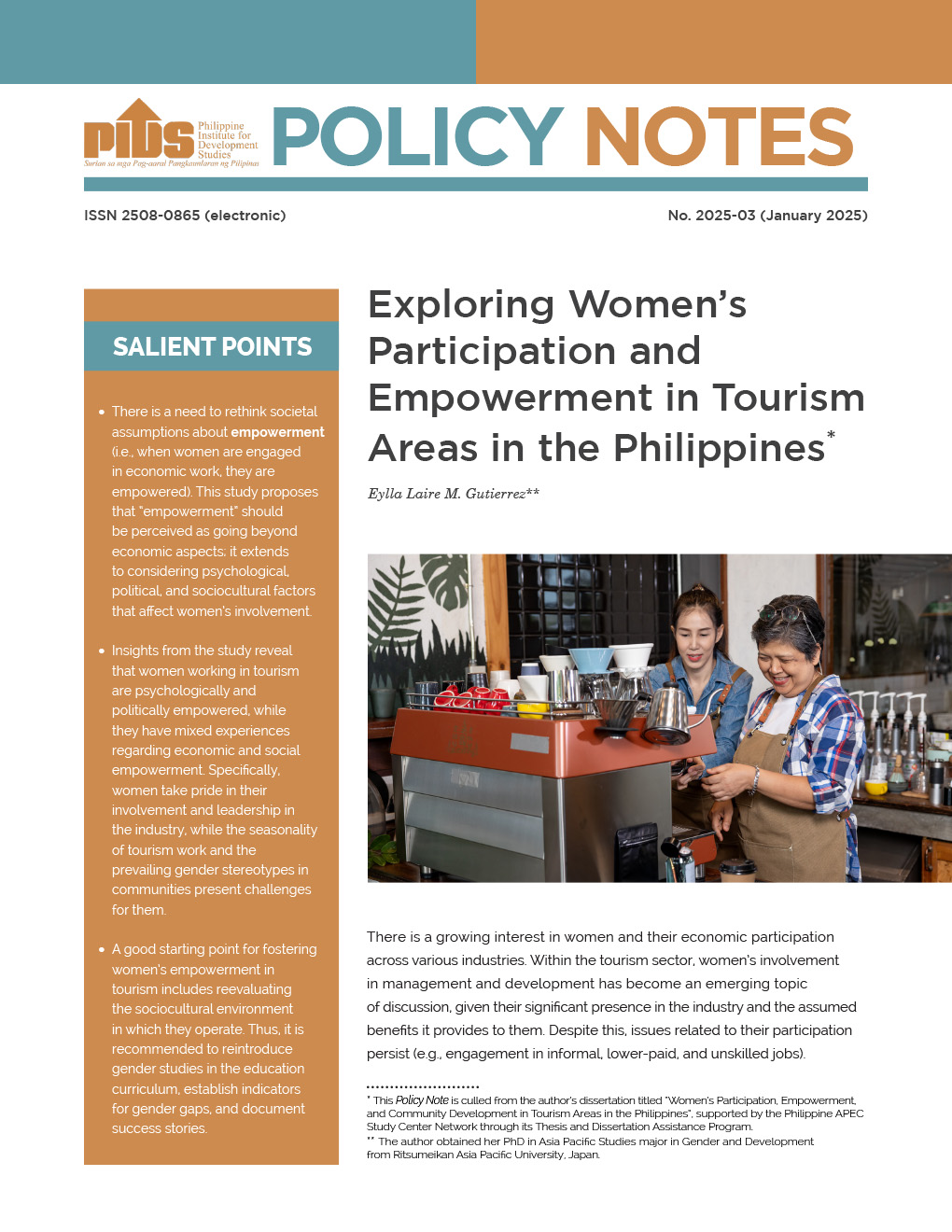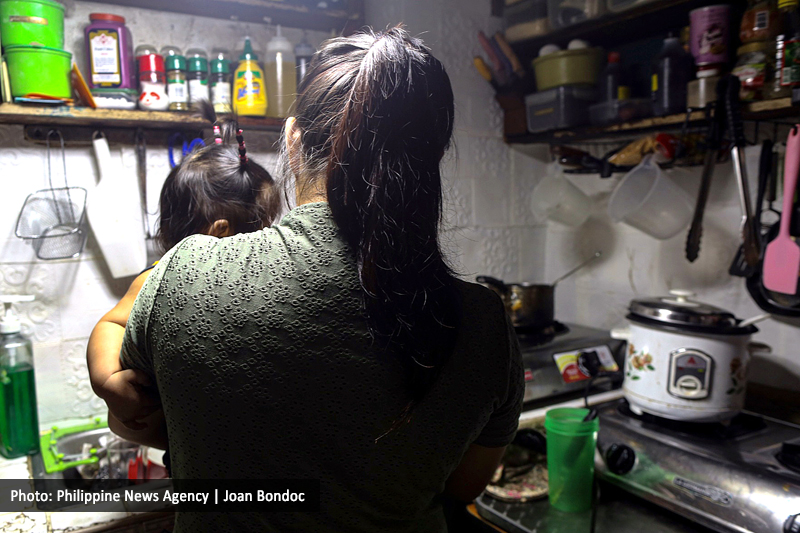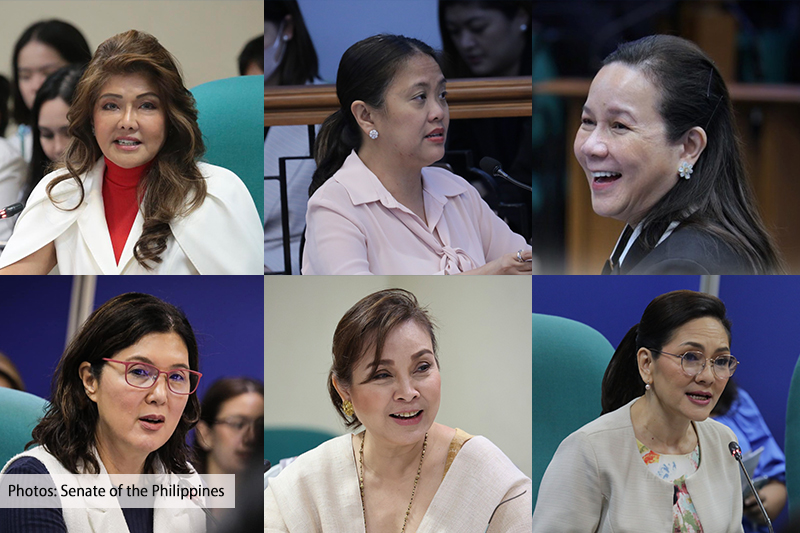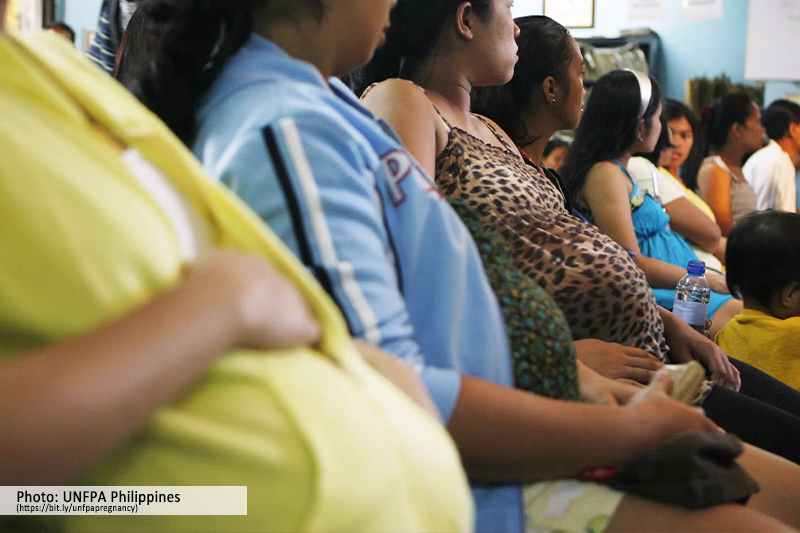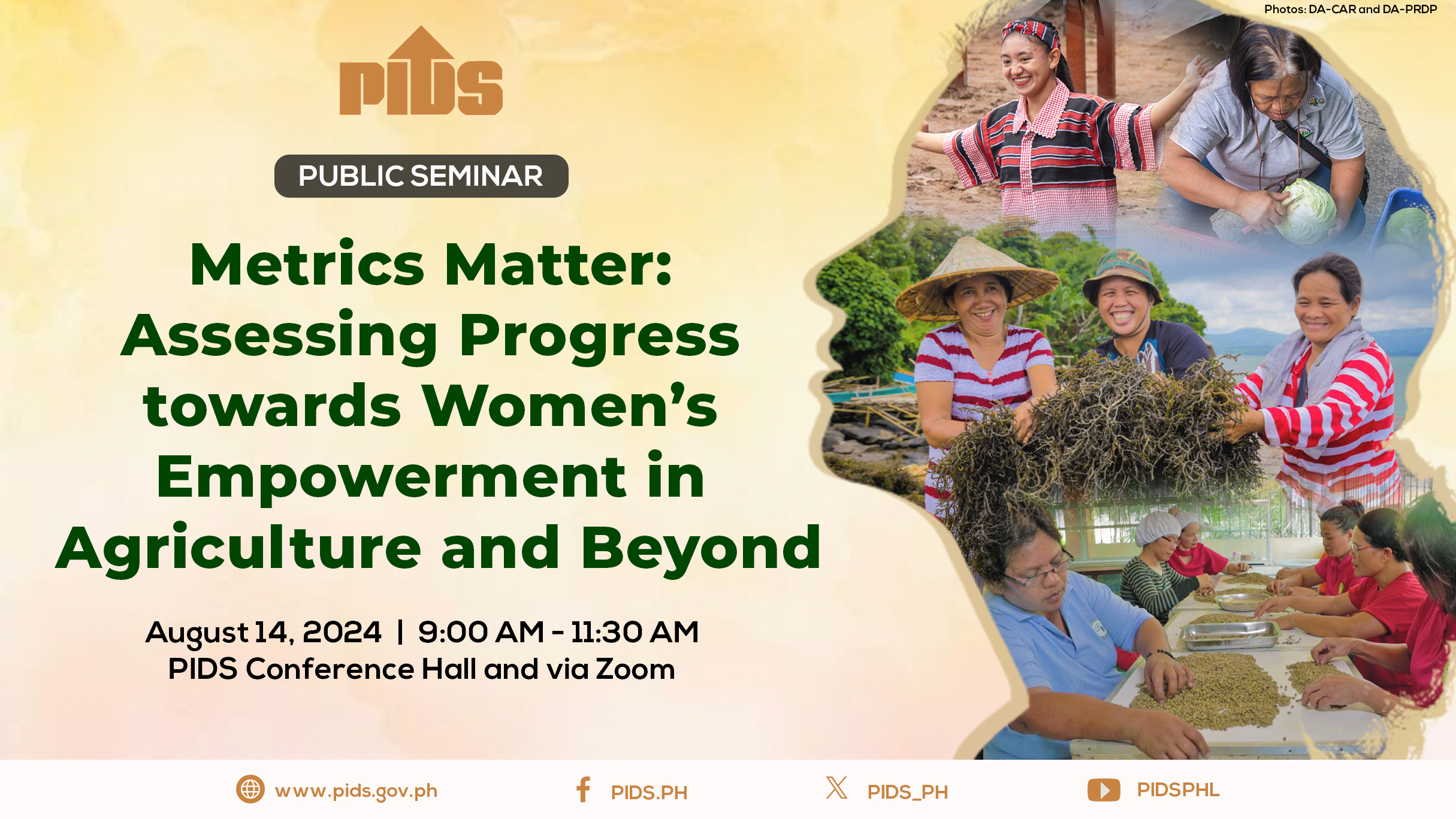“Women are key players in our fight against hunger and malnutrition, yet they face systemic barriers that limit their potential,” lamented Legarda during her keynote speech at the National Women’s Month Celebration Kick-Off at the Department of Agrarian Reform (DAR)-Central Office with the theme, “WE for Gender Equality and Inclusive Society.”
“Overcoming women’s marginalization and giving them financial independence are imperatives for the entire sector to thrive.”
“Overcoming women’s marginalization and giving them financial independence are imperatives for the entire sector to thrive,” the veteran legislator added.
While the Philippines remains as a leader in gender equality in Southeast Asia, ranking 16th out of 146 countries in the 2023 Gender Gap Index, the country fell eight slots from its 8th-ranked placement in 2018.
In the agricultural industry, a Philippine Institute for Development Studies (PIDS) study found that women occupy merely 26 percent of the agricultural employment in the country.
Usually a male-dominated field, women are burdened with unpaid home duties such as food preparation and relegation to lower paid work in the sector and not normally considered in work such as land preparation and use of farm equipment.
The seasoned lawmaker has authored and sponsored relevant laws to protect and empower women, such as the Anti-Trafficking in Persons Act, the Magna Carta of Women, and the Anti-Violence Against Women and Children Act.
“Even with these laws in place, it is crucial to keep a tight watch on the implementation, to acknowledge the evolving needs of women in a globalized world.”
“Even with these laws in place, it is crucial to keep a tight watch on the implementation, to acknowledge the evolving needs of women in a globalized world, and to remain committed to enhancing our policies and programs towards gender equity,” four-term lady senator stressed.
“As your senator since 1998, I will continue to advocate and empower women in agriculture, in the economy, and all areas of life by recognizing their strengths, addressing their challenges, and providing them with the opportunities they deserve, creating a more resilient, inclusive, and equitable Philippines,” she concluded.

